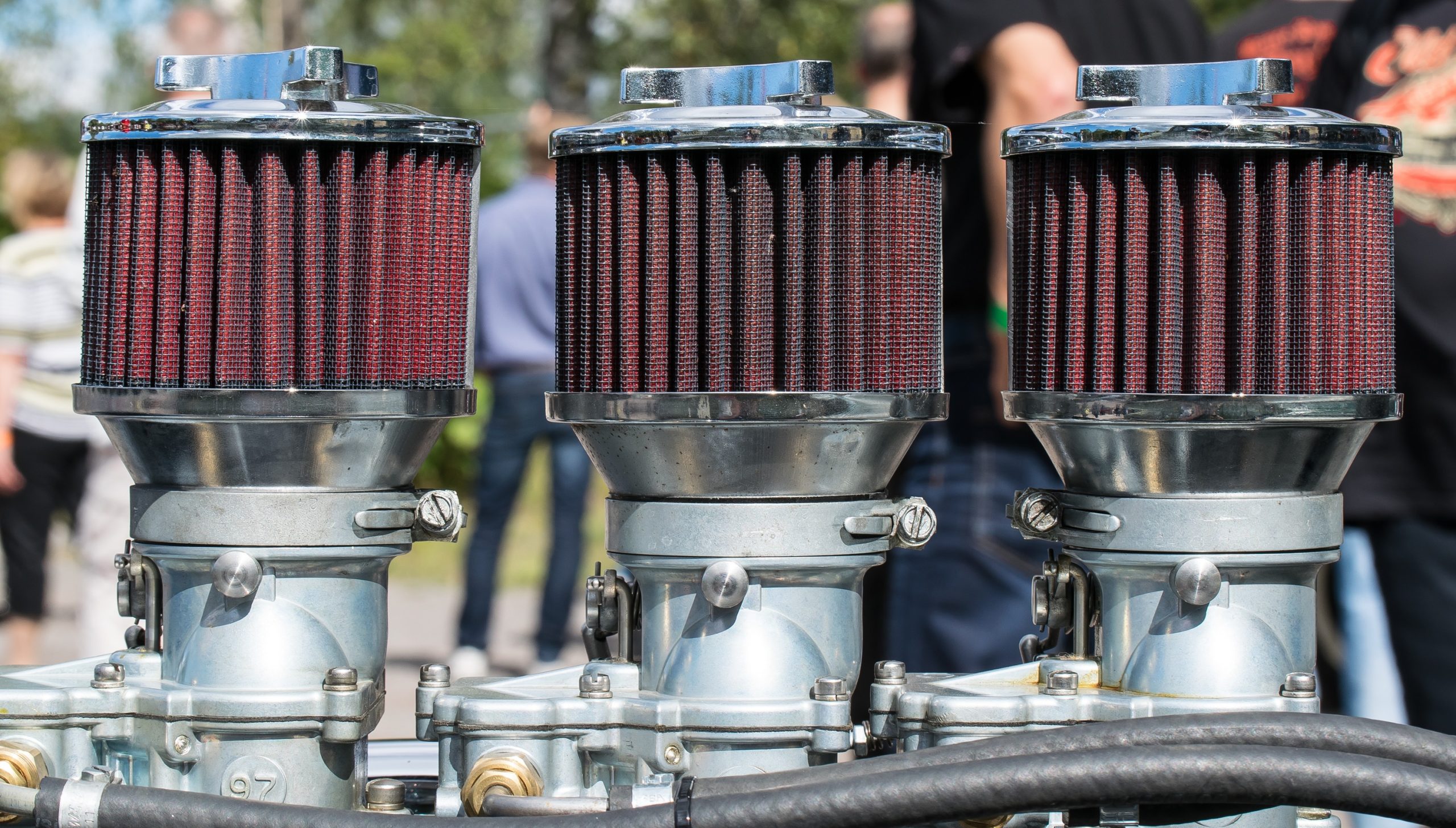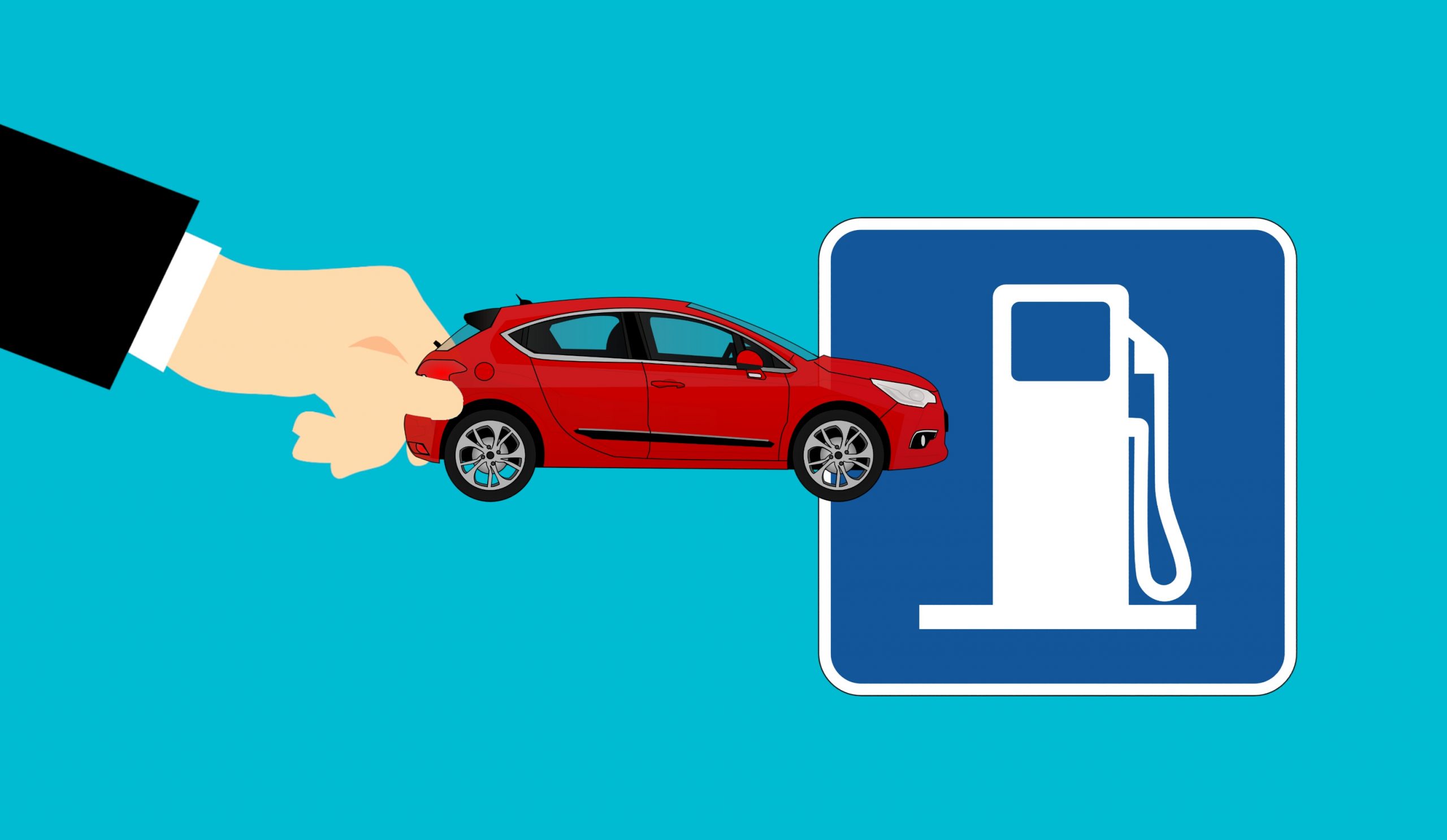Unusual fuel consumption should alert you, especially if you haven’t changed your driving habits, your routes, and your vehicle is no more loaded than usual.
Indeed, if your car starts to consume abnormally and seems less lively, it is because there is a technical problem often resulting from neglected maintenance.
Here are the most common causes of over-consumption.
1. Winter or under-inflated tires
Tires are the 1st mechanical cause of over-consumption. If they are specialized “Winter” or “All-terrain,” their stronger lamination will increase fuel consumption. Reassemble your summer or 4-season tires as soon as possible and choose them to reduce consumption. To do this, choose those rated A or B on the tire energy label.
Remember to check your tire pressure at least once a month. To consume less, you can inflate to the pressure recommended by the manufacturer when fully loaded. Visually, the sidewall of your tire will be almost no longer deformed on contact with the ground, which will prevent this loss of energy. However, note that driving comfort will be degraded, especially if you do not have (hydro)pneumatic suspensions!
Please note: this regular check is essential because tires are a vital safety element that is too often forgotten. However, an inflation valve always leaks, even when stationary. Their poor condition or under-inflation can lead to a fatal burst at high speeds, especially on the rear wheels.
2. A dirty air filter

To get an idea, don’t forget that this one filters 2400 L/min for a 1600 cm3 4-stroke engine at 3000 rpm and even more with a turbocharger! Like the one in your passenger compartment, it clogs up quickly, especially in the city and in summer (dust from the ground).
When the filter is clogged, your engine will over-consume, over-pollute, and lose power, especially in the case of gasoline, LPG, and Natural Gas. Easy to check and quick to replace, its low cost will quickly pay for itself, think about it!
3. Energy-consuming accessories
3.1 Air conditioning compressor
The latter can amputate your engine by 3 to 10 HP, increasing consumption by the same amount!
– Think about switching it off or ECO mode and ventilate your car first when you drive with the windows open before starting it.
– Only use it if it is really necessary by setting your temperature to 10°C lower to limit its impact on your fuel (up to +45% in urban areas!).
– Finally, choose shaded parking and very light car colours that naturally limit the cabin’s heat.
3.2 Roof rack, bars, and trunk
They significantly increase the air resistance of your vehicle on roads and highways.
– Remember to remove them when you are not using them because you will gain, even in the city, thanks to your reduced weight.
– For the same reason, replace your heavy and cumbersome spare wheel with one or two puncture-proof bombs, as manufacturers are doing more and more. Don’t worry; the probability of a puncture is now about one every 150,000 km…
– To further optimize your vehicle mass in the city, in addition to its small size, you can fill the tank only half full to reduce the parasitic weight also!
3.3 Main electrical accessories
Heated rear window, rear fog lights, windshield wipers, ventilation, overpowered sound system, and possibly heated seats: make sure they are turned off and use them sparingly.
For example, use your sidelights in a well-lit city instead of unnecessarily headlights. Remember to unplug them when you’re not using them: they consume electricity produced by the alternator. But the more electrical consumers you use, the more your battery is used up. The harder it gets for the engine to drive the alternator: the motor will have to develop more power for this parasitic element. You will inevitably consume and pollute more.
There are more things to verify if your car is over-consuming. Stay posted for our new tips this week, and remember to leave your comments below.


1 comment
[…] Why Is My Car Over-Consuming […]